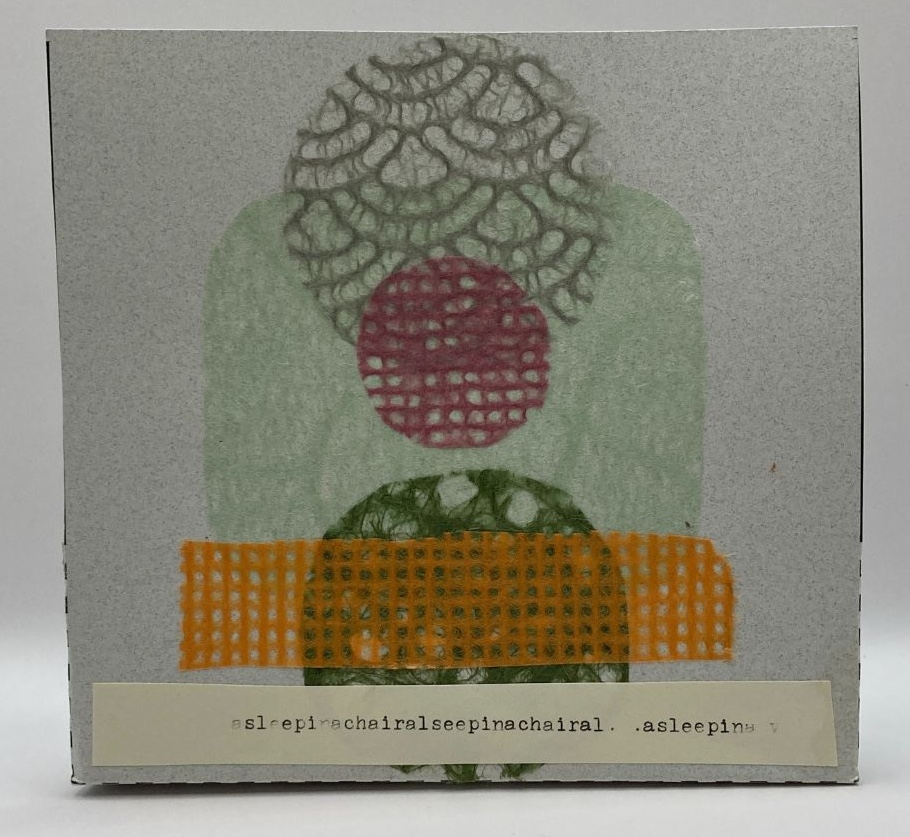COVID in the House of Old
Stories for a revolution
Canadian elders living in care suffered greatly during COVID-19. The number of deaths in residential homes in the first wave of the pandemic was staggering, a pattern that persisted. We allowed residents to be locked away from the world for long periods of time, while the burden of care placed on frontline staff at breaking point.
Eldercare is a major issue of our time. Our parents, our children, and our future selves will judge us on the quality of our response.
In 2021 I created COVID in the House of Old (CIHO) as a travelling exhibit. Drawing on my work as a community historian, I wanted to honour and give personhood to the thousands who had suffered. My plan was to use audio stories, personal objects, and an exploration of tragedy to direct visitors to imagine, learn, and then put the project to use as a citizen’s resource for change in eldercare. My hope was that people who shared their stories would find the process purposeful and healing.
CIHO’s Storytelling Chairs are the heart of the project, employing a blend of art-craft practice and oral history to present powerful narratives of grief, frustration, care and love. The Wikwemikong Nursing Home Chair demonstrates Indigenous ways of supporting seniors. “Elegy,” a sonic and visual creation by Hiroki Tanaka, turns on the “sheer enormity” of resident deaths in care facilities. Exhibit Context Panels and our 2022 and 2024 CIHO Podcasts provide a deeper and broader engagement with project learnings.
The first 2022 tour took CIHO to 7 BC communities, setting up in high-traffic public venues like libraries and community hubs. CIHO recreated itself in each location, with different partnerships and events that met local needs and opportunities, a model that we used in our 2023 national tour. At stops in Winnipeg, Saskatoon, Wiikwemkoong Unceded Territory, Toronto, and Montreal, we collaborated with academic and community partners to host talks, tours, openings, and celebrations. Along the way we added Kayley’s Chair, the story of a younger adult resident, and Alf’s Chair, representing 2SLGBTQI seniors in care.
Visitors to our first seven exhibits shared stories of loved ones lost to death or isolation in care facilities. My historian’s craft made me keenly aware that these narratives must be gathered and saved, and the CIHO Story Space became a key element of the 2024 tour, amassing 182 amazing contributions of art, audio and writing. This collection, along with an additional 50 interviews we recorded for the Storytelling Chairs and CIHO Podcast, is held at the Archives Passe-Mémoire in Montreal, Quebec. Portions of the collection are also publicly available on this website.
This project has demonstrated the power of storytelling, the vitality of collaborative knowledge creation, and the importance of kindness. Key CHIO creators and supporters are profiled in The Project section of this site, followed by a list of individuals and organizations who supported the project.
With gratitude,
Megan J. Davies
Professor Emerita
York University, Toronto

This project was made possible by a generous Jack and Doris Shadbolt Fellowship in the Humanities from Simon Fraser University and a Connection Grant provided by the Social Science and Humanities Research Council.
York University has also given invaluable support. The Faculty of Liberal Arts and Social Science funded a social media creator, helped me put in a competitive SSHRC grant application, and underwrote the costs of creating one chair to represent the Wikwemikong Nursing Home and another to represent Rainbow Seniors. The Robarts Centre for Canadian Studies has provided essential administrative services and the best advice.
